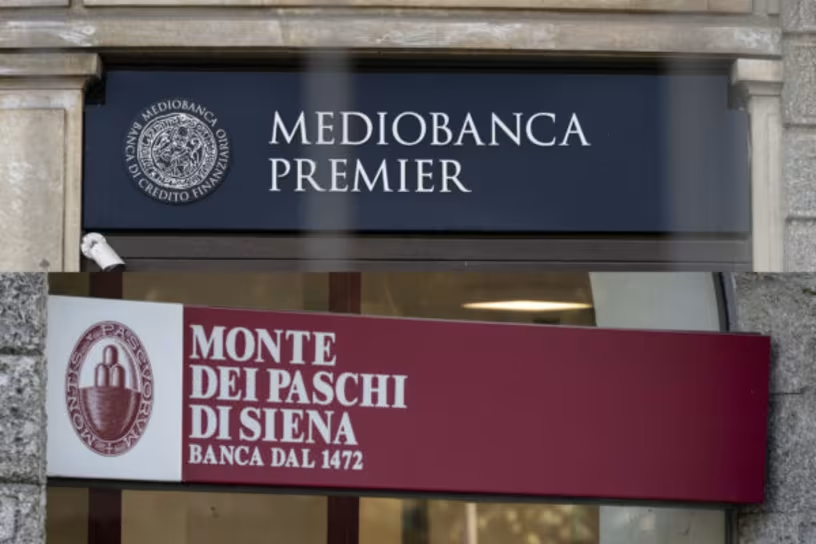The IESBA has expanded the definition of a public interest entity.
- Flexi Group
- Apr 20, 2022
- 2 min read
The International Ethics Standards Board for Accountants (IESBA) has issued new guidance that broadens the definition of a public interest entity (PIE) and complements other recently revised provisions of the International Code of Ethics for Professional Accountants.

According to the IESBA, the newly revised definition of a PIE now includes more types of entities "whose audits should be subject to additional independence requirements to meet stakeholders’ heightened expectations concerning auditor independence."
"The concept of a PIE is central to the application of the IIS (International Independence Standards) and determines how far an auditor must go in meeting the fundamental requirement to be independent," said Gabriela Figueiredo Dias, IESBA Chair.
Other provisions of the International Code of Ethics for Professional Accountants, such as the International Independence Standards, have also been revised. "The revised definition and related provisions represent the third pillar in our package of measures to significantly strengthen auditor independence in the public interest, following the release of our revised Non-Assurance Services and Fees standards last year," Dias stated.
"Given that ssome of the terms and concepts that were considered are common to both boards’ standards," the IESBA said it worked closely with the International Auditing and Assurance Standards Board (IAASB) on the revisions.
IAASB Chair Tom Seidenstein said, "The IAASB worked closely with the IESBA as it reshaped the definitions of listed and public interest entities. In March, the IAASB approved a project proposal to consider changes to certain IAASB standards to support convergence between the definitions used in the revisions to the IESBA Code and the relevant IAASB standards. This will allow the IESBA Code and the IAASB standards to continue to work in tandem, thereby instilling confidence in the work of auditors and accountants worldwide."
Other aspects that could have implications for IAASB standards, as noted by the IAASB last year, include:
- The introduction of an overarching objective for additional independence requirements for audits of financial statements of PIEs;
- Replacing the term “listed entity” with a new term, “publicly traded entity,” providing a definition of the latter term; and
- Introducing a transparency requirement for firms to publicly disclose the application of independence requirements for PIEs where they have done so.
Local bodies in charge of code adoption play a "essential role" in tailoring the intentionally broad definition of PIE to their own jurisdictions, according to the IESBA, and are encouraged "tto properly refine the PIE categories and adding any other categories relevant to their environments."
For audits of financial statements beginning on or after December 15, 2024, the revised PIE definition and related provisions take effect. The IESBA, on the other hand, stated that early adoption is encouraged.
Following the release of the IAASB's suite of quality management standards in December 2020, the IESBA is also releasing several conforming amendments to the Code. The amendments will take effect on December 15, 2022.
By fLEXI tEAM





Comments